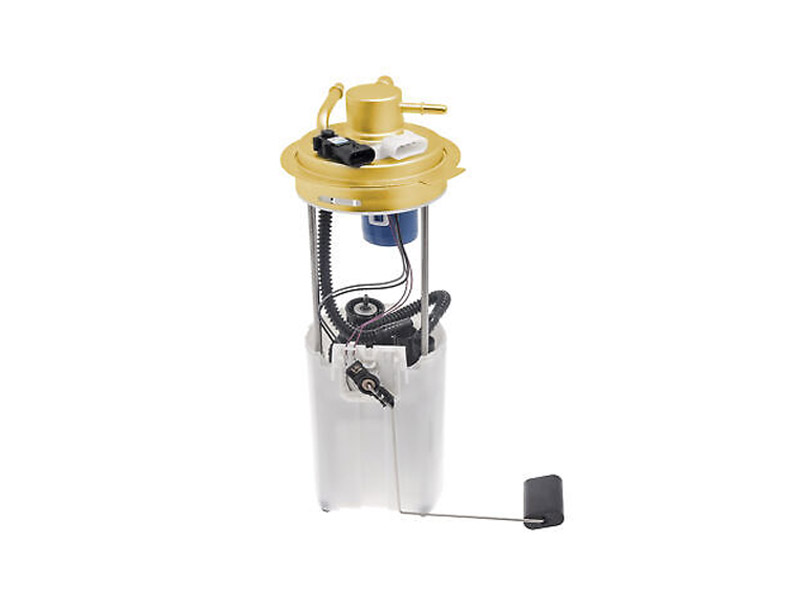Automotive pumps play a vital role in ensuring your vehicle runs smoothly. From fuel pumps to water and oil pumps, each type is essential for the proper functioning of your car. However, like any mechanical component, these pumps are prone to wear and tear over time. Recognizing the common problems and understanding how to fix them can save you from costly repairs and unexpected breakdowns.
1. Fuel Pump Problems
Common Issues:
- Loss of Power: The engine struggles to maintain power, especially at high speeds.
- Starting Issues: Difficulty starting the car or stalling after ignition.
- Strange Noises: A whining or humming noise coming from the fuel tank.
Causes:
- Clogged fuel filters restricting flow to the pump.
- Electrical issues, such as a faulty relay or wiring.
- General wear and tear over time.
Fixes:
- Replace the fuel filter regularly (usually every 20,000-30,000 miles).
- Inspect and replace faulty relays or damaged wiring.
- If the pump itself is failing, replacement is often necessary. Ensure you use a high-quality OEM or compatible part.
2. Water Pump Problems
Common Issues:
- Overheating: Engine temperature rises unexpectedly.
- Coolant Leaks: Puddles of coolant under the vehicle.
- Squeaking Noises: A high-pitched sound near the engine.
Causes:
- Worn bearings or seals in the water pump.
- Damaged or loose drive belts.
- Corrosion inside the pump or cooling system.
Fixes:
- Inspect and replace worn drive belts and tensioners.
- Flush the cooling system to prevent corrosion and buildup.
- If the pump is leaking or making noise, replace it promptly to avoid engine damage.
3. Oil Pump Problems
Common Issues:
- Low Oil Pressure: Oil warning light illuminated on the dashboard.
- Engine Noise: Knocking or ticking sounds from the engine.
- Overheating: Lack of proper lubrication leading to excessive friction.
Causes:
- Contaminated or degraded oil.
- Clogged oil passages or filters.
- Internal pump wear or damage.
Fixes:
- Regularly change the engine oil and replace the oil filter.
- Use the manufacturer-recommended oil grade for your vehicle.
- If the pump is failing, have it inspected and replaced by a professional mechanic.
4. Power Steering Pump Problems
Common Issues:
- Difficulty Steering: Increased effort needed to turn the wheel.
- Whining Noise: A high-pitched sound when turning the steering wheel.
- Fluid Leaks: Power steering fluid puddles under the car.
Causes:
- Low or contaminated power steering fluid.
- Worn or damaged seals in the pump.
- Air bubbles in the power steering system.
Fixes:
- Check and refill the power steering fluid to the recommended level.
- Flush the system to remove contaminants and air bubbles.
- Replace the pump or seals if they’re worn or damaged.
Preventative Maintenance Tips
- Regular Inspections: Check for leaks, noises, and performance changes during routine maintenance.
- Use Quality Fluids: Always use the manufacturer-recommended fluids to ensure compatibility and longevity.
- Adhere to Maintenance Schedules: Follow your vehicle’s service schedule for fluid changes, filter replacements, and overall inspections.
- Prompt Repairs: Addressing minor issues early can prevent major failures and costly repairs.
Conclusion
Automotive pumps are crucial components that demand attention to ensure your vehicle runs efficiently. By recognizing the signs of failure and performing timely fixes or replacements, you can avoid breakdowns and extend the life of your car. When in doubt, consult a professional mechanic to diagnose and resolve pump-related issues. Taking proactive steps now will save you time, money, and headaches in the long run.
